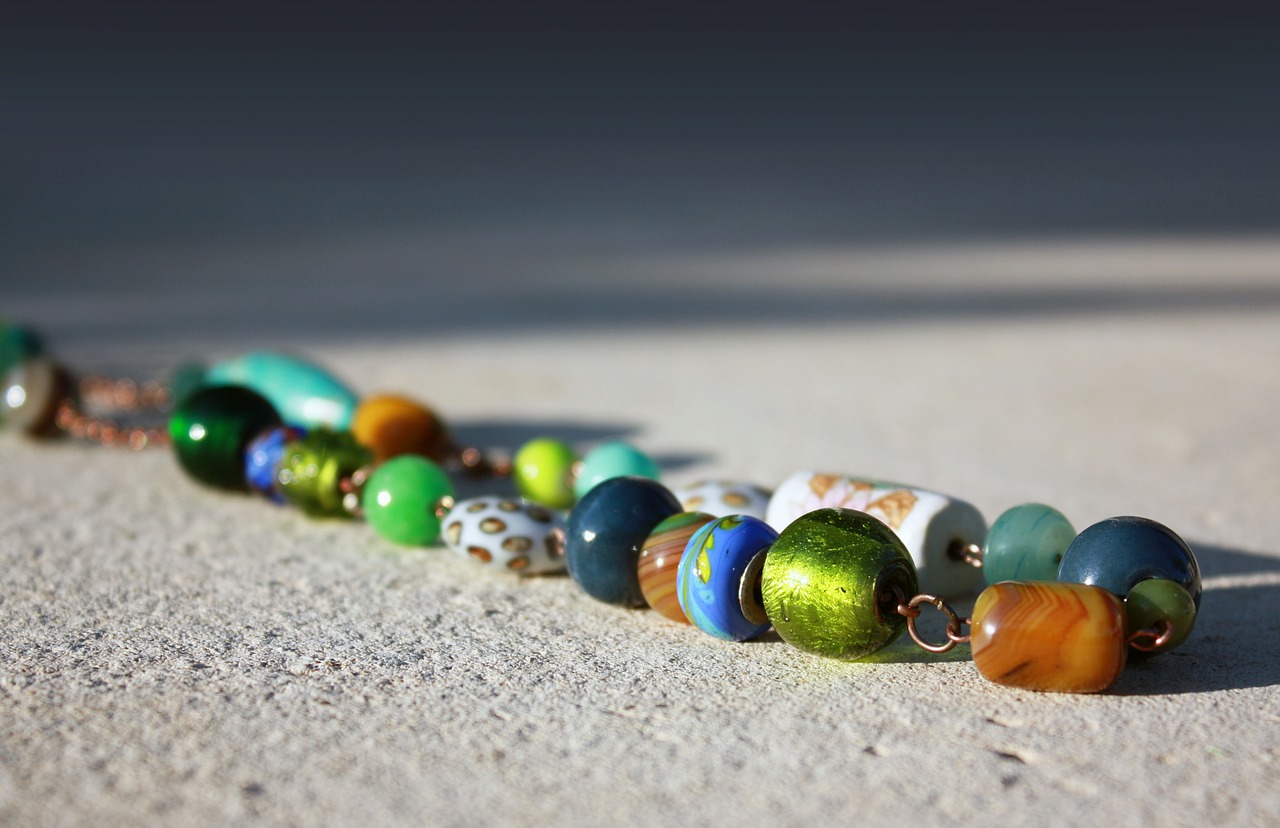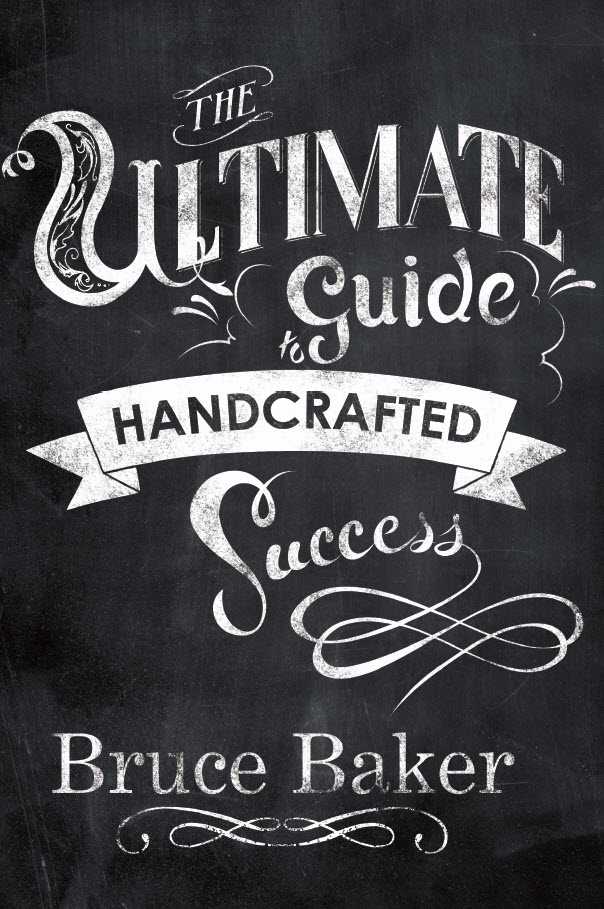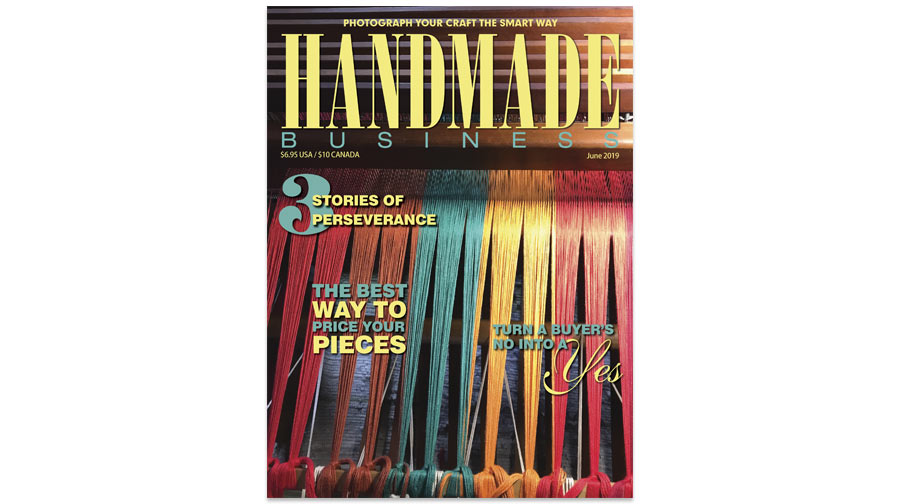Q. I was always good at math, so I have always kept my own books and done my taxes. Friends are surprised about that. They say I am losing out on changes to the tax code and other business incentives by doing so. Are there certain accountants or advisers that a crafts artisan should hire? I see it as one more expense. What’s your opinion?
—Jenny E., via e-mail
A. My opinion, be your own bookkeeper and hire an accountant to prepare your tax returns. Being good at math may be enough to allow you to keep track of your ongoing financial dealings—paying bills and keeping accurate records—but it’s only a small part of the work an accountant does. Your friends are correct to point out that an accountant will help you report all the allowed deductible expenses and depreciations. To be on top of the constantly changing tax code, my accountant attends numerous seminars before each tax season. Each of us is good at something: You’re good with creative activities. Accountants are good at applying the tax law to their clients’ information and to work to insure their tax bill is as small as possible. Yes, this is an added expense. However, to know the real cost you’ll have to put some thought into how much income you could generate if you were in the studio rather than completing tax forms, plus include the added savings from the more knowledgably prepared tax return. I’d suggest you ask other craftspeople in your area who they use to prepare their tax returns. Make appointments to meet several of them and choose the one you feel most comfortable with.
Here’s what you can do: Help the accountant do his or her job by keeping meticulous records of expenses and income. Many craftspeople do this with paper and pencil. You can also do this on your computer using one of the bookkeeping software programs if that’s the route you want to take. The rules are the same whether you use a pencil or a keyboard. Most important is keeping all the documents that support any claims you make. This means all the receipts for expenses related to your work. It’s important to identify your overhead and marketing expenses for the current tax year. Keep a miscellaneous category for expenses you’re not sure are deductible; let the accountant decide. You’ll also need an accurate accounting of your income, which will be supported by the deposits into your business accounts.
After you have completed this year’s returns, use this system to plan your budget and to set up your record keeping for the next tax year. I have always used a filing and note system for my expenses. I have a folder for each expense category and carefully note any pertinent information on each receipt. Who can remember nine months later what that big postage bill was for or which books were purchased during the year? I also keep a calendar in my car to record the miles driven for business and the reasons. At tax time, I pull the folders and calendar and record the information on the nifty form my accountant sends me and in no time I’m ready to go, easy and accurate. With a little advance planning and diligence throughout the year, you can have it this way and save money, too.






